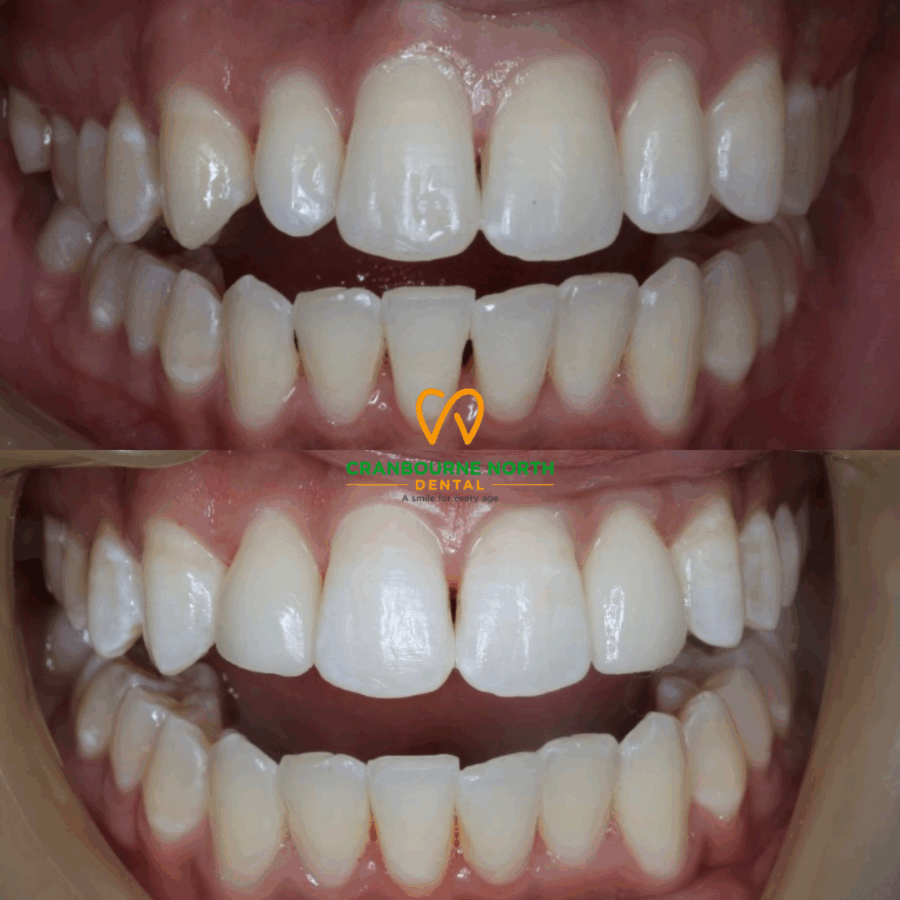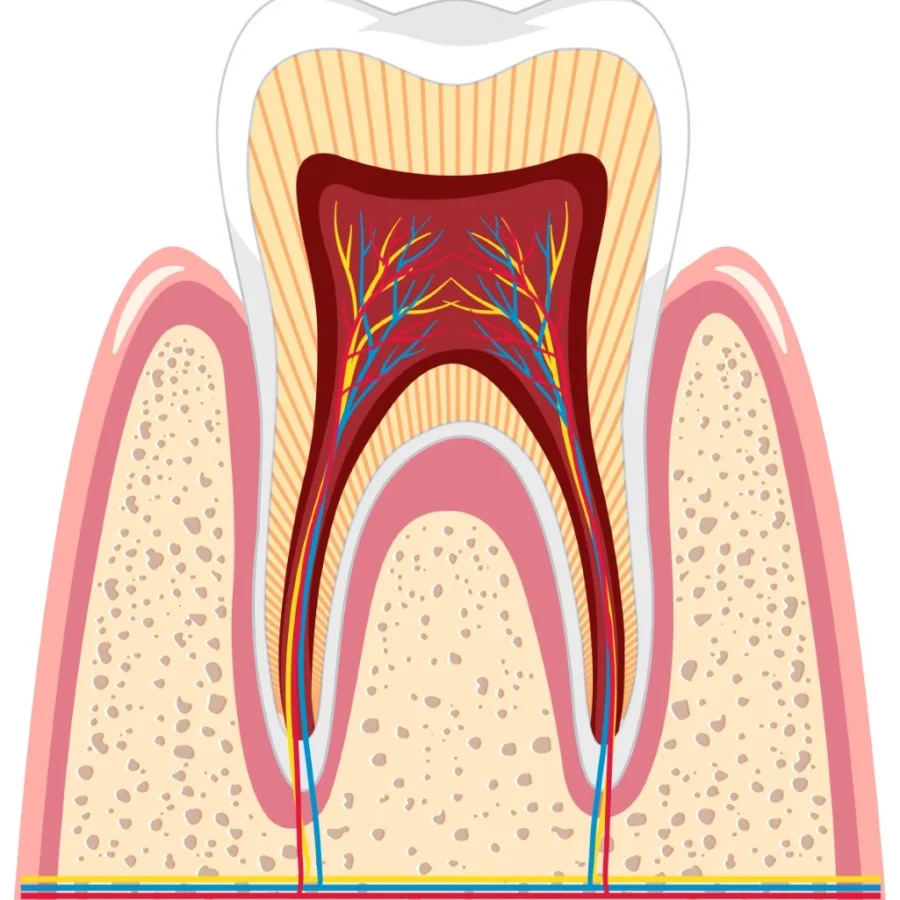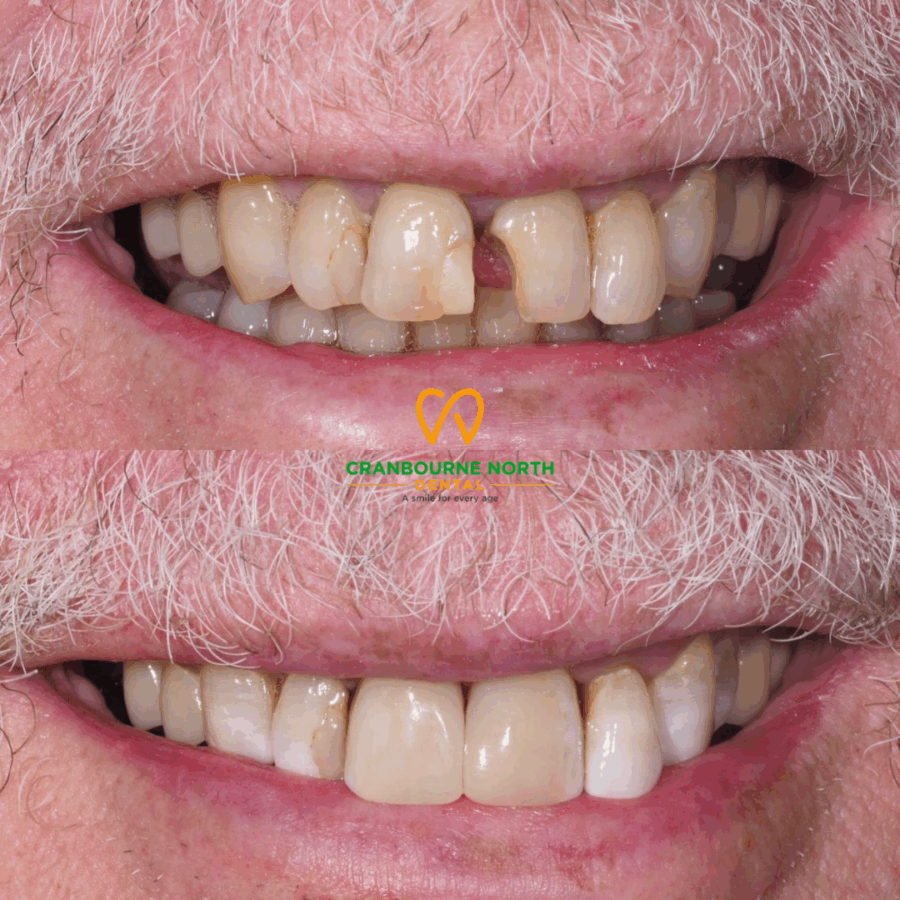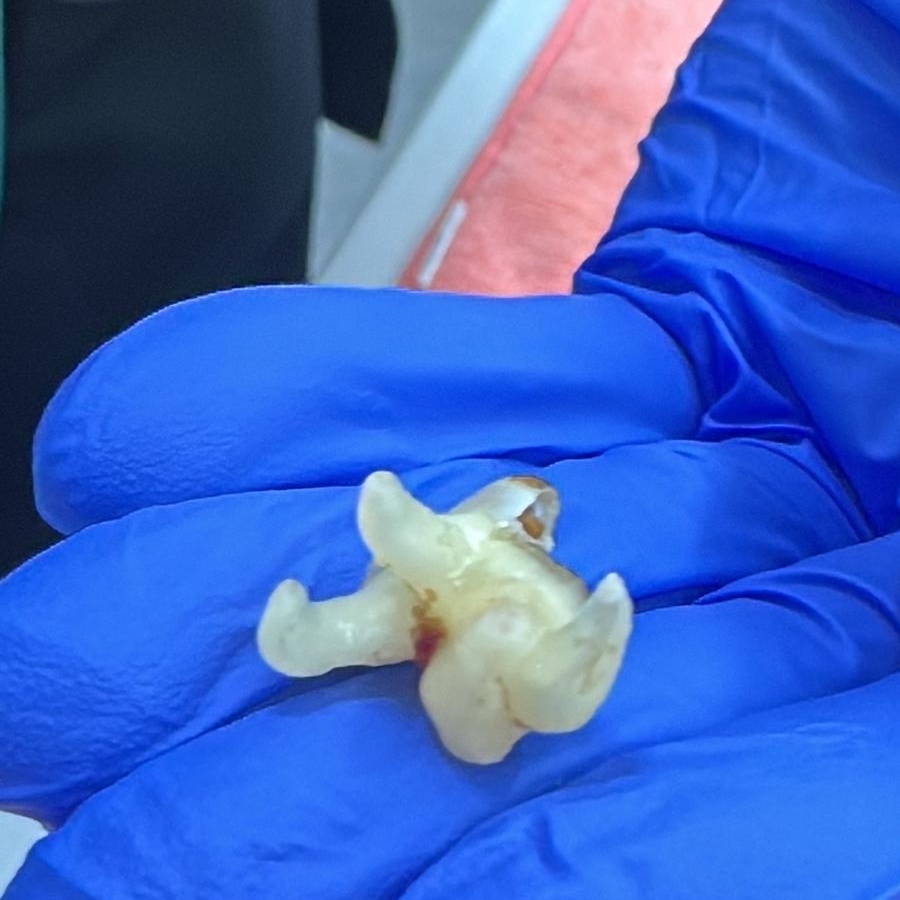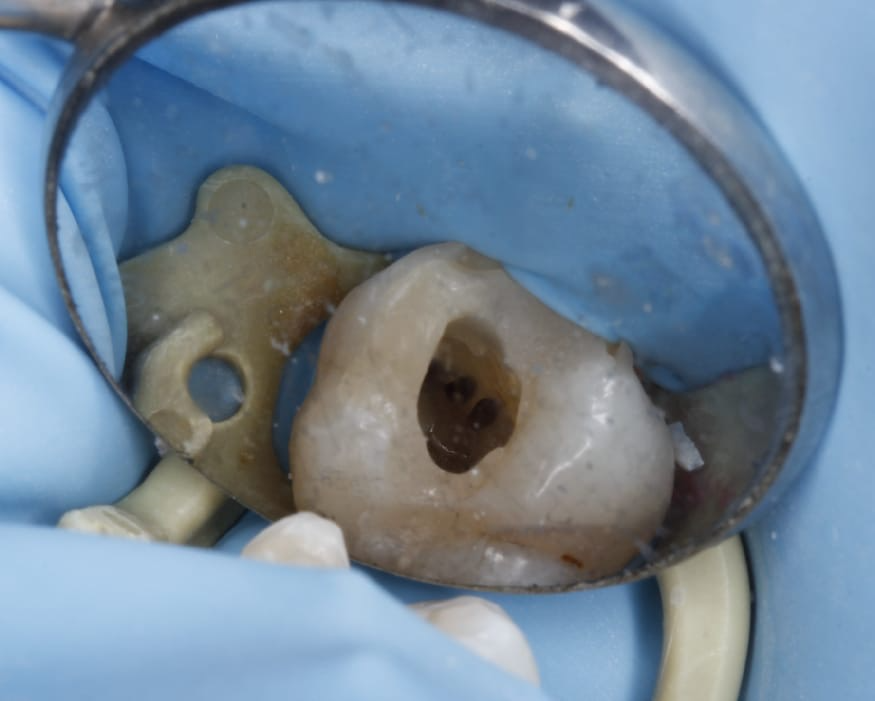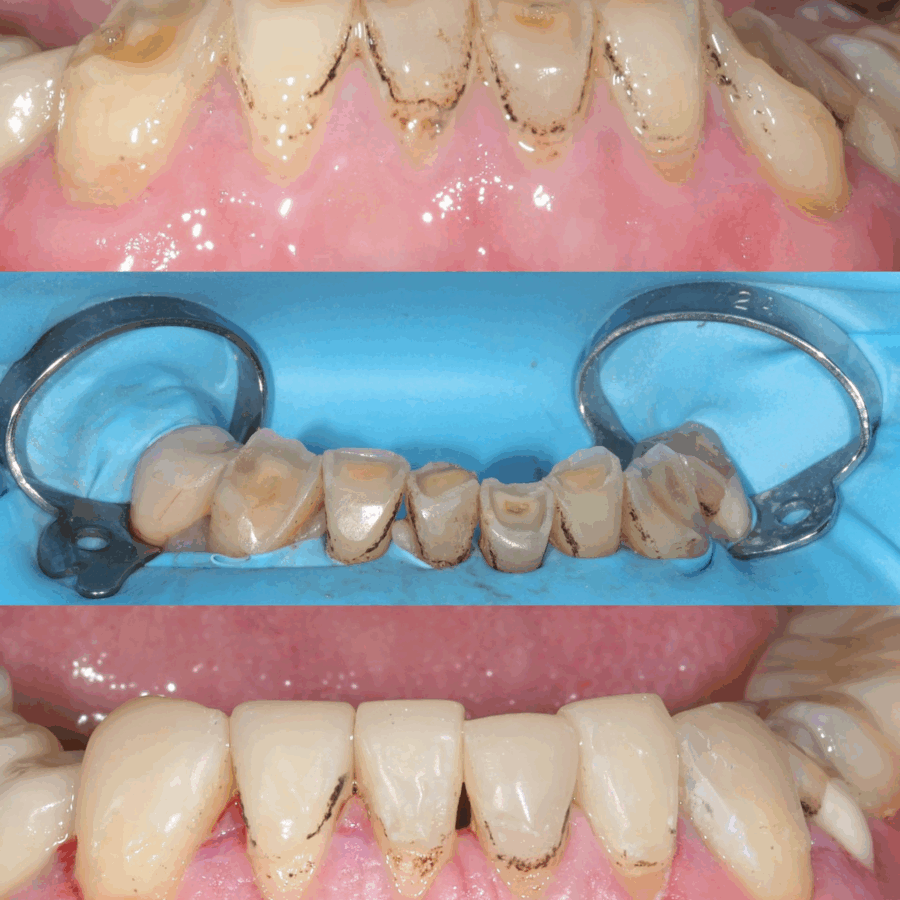What is Dental Anxiety?
Feeling nervous about visiting the dentist is very common. At Cranbourne North Dental, we understand that dental anxiety can make it challenging to receive the care you need. That’s why we focus on creating a calm, supportive, and gentle environment for every patient. Our caring team takes the time to listen to your concerns, explain each step of your treatment, and use techniques that reduce discomfort. Whether it’s your first visit in a long time or you just need some extra reassurance, we’re here to make your experience as relaxed and positive as possible.

Signs and Symptoms of Dental Anxiety
Dental anxiety can look different for everyone. Recognising the signs can help you take the first step toward overcoming it. Common symptoms include:
Feeling uneasy or worried in the lead-up to a dental appointment.
Difficulty sleeping the night before your visit.
Sweating, a racing heartbeat, or restlessness in the waiting room.
Fidgeting or feeling tense before treatment begins.
Avoiding or delaying dental appointments even when you need care.
Stomach upset, muscle tension, or physical discomfort when thinking about dental treatment.
Emotional distress such as irritability, crying, or panic at the thought of visiting the dentist.
If you experience any of these, you’re not alone. At Cranbourne North Dental, we’re experienced in supporting patients with dental anxiety and are committed to helping you feel safe and at ease.
Causes of Dental Anxiety
Dental anxiety can stem from a variety of experiences and personal factors, such as:
Past negative dental experiences (pain, discomfort, or poor communication).
Fear of pain, needles, or dental instruments.
Feeling a lack of control during treatment.
Embarrassment about your teeth or smile.
Understanding the cause of your dental anxiety in Cranbourne is the first step in finding solutions. Our clinic is a judgment-free space where your feelings are valid, and together we can find ways to make your visits more comfortable.

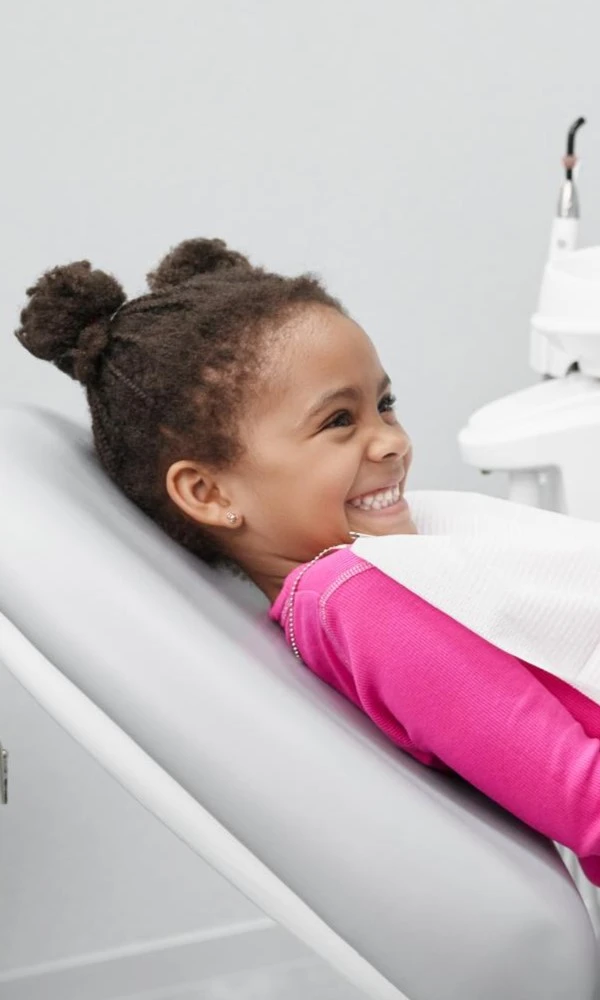
Tips for Managing Dental Anxiety
At Cranbourne North Dental, our goal is to help you feel calm, safe, and confident when receiving care. Here are some practical ways to ease dental anxiety:
Communicate openly
Let us know your concerns so we can adapt our approach.
Schedule morning appointments
Get treatment done before the day builds up stress.
Bring a support person
Having someone familiar can be very reassuring.
Use relaxation techniques
Deep breathing, calming music, or mindfulness can help.
Start small
Begin with shorter visits to build trust and confidence.
Treatment Options for Dental Anxiety
We provide a range of options designed to make dental care more comfortable for anxious patients, including:
Gentle, patient-focused care – We explain each step so there are no surprises.
Numbing gels and local anaesthetic.
Sedation dentistry options.
Distraction methods (music, TV, calming environment).
Gradual exposure – Slowly building comfort with dental treatment.
Choosing the right dentist – It’s important to feel safe and supported by your dental team.
At Cranbourne North Dental, we combine compassion with proven anxiety-reducing techniques to make every visit as stress-free as possible. Our mission is to help you feel confident in your dental care so you can achieve a healthier smile without fear.

Contact Us For Dental Anxiety
If dental anxiety has been holding you back from getting the care you need, we’re here to help. At Cranbourne North Dental, our gentle team is experienced in supporting nervous patients and making every visit as calm and stress-free as possible. Don’t let fear stop you from achieving a healthy smile—book an appointment with us today and take the first step towards comfortable, confident dental care in Cranbourne.
Our Treatments
Frequently Asked Questions
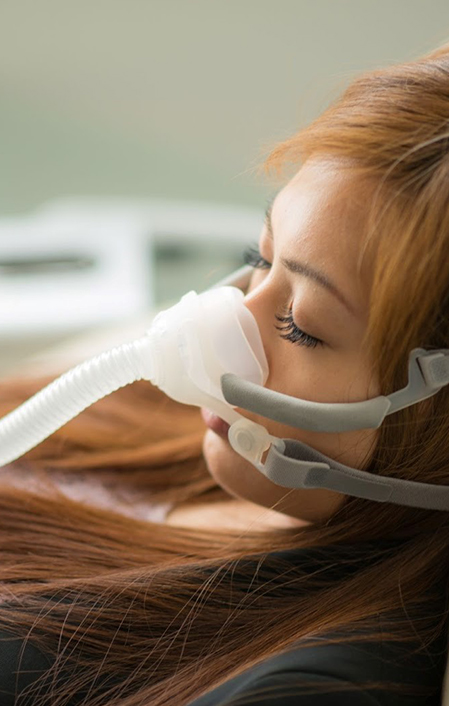
Does Snoring Mean Sleep Apnoea?
Not always. Snoring can be a symptom of sleep apnoea, but not everyone who snores has the condition. Sleep apnoea occurs when there are pauses in breathing during sleep, while snoring can happen without this disruption. If snoring is loud and accompanied by gasping or choking, it’s best to seek medical advice.
Does Vaping Cause Snoring?
Yes, vaping can contribute to snoring. Vaping irritates the airways and throat, leading to inflammation, which can narrow the airway and cause snoring. The chemicals in vape liquids can also increase mucus production, further worsening snoring.
Does a CPAP Machine Stop Snoring?
Yes, a CPAP machine can stop snoring for people with sleep apnoea. It works by delivering constant air pressure to keep the airways open during sleep, reducing or eliminating snoring. However, for snoring not related to sleep apnoea, other treatments may be more appropriate.

